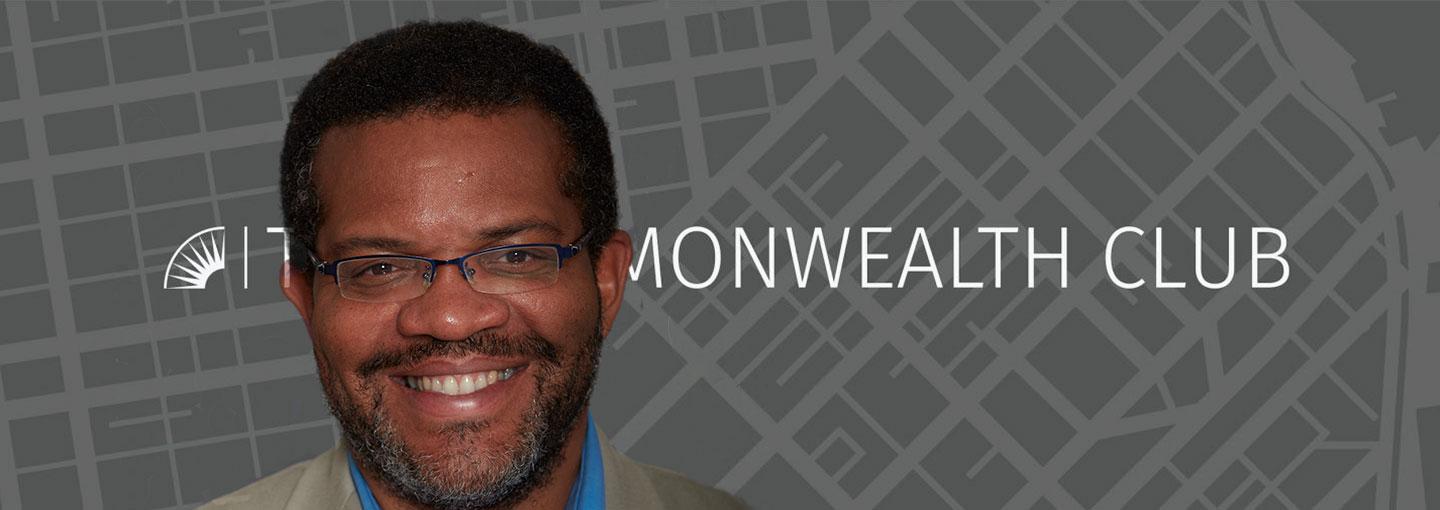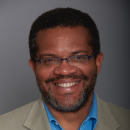
Zip Code, not Genetic Code: The California Endowment's 10 year, $1 Billion Initiative
Where you live shouldn’t predict how long you’ll live, but it does. In many California cities, there is a 15– 20 year life expectancy difference between neighborhoods and that gap is growing. Despite all of the charged political rhetoric about repealing “Obamacare,” this life expectancy difference cannot be explained by lack of access to health care; in fact, research shows that health care is responsible for only about 15 percent of health status. When it comes to your health, your zip code is more important than your genetic code. Why?
Using data to study this phenomenon, Dr. Iton has concluded that we cannot address this problem through the traditional medical model. He and his colleagues at The California Endowment have designed a $1 billion, 10-year, multi-site initiative called Building Healthy Communities (BHC) which is designed to break the deadly link between zip code and life expectancy. BHC is based on the recognition that low-income Californians are often shrouded in a thick fog of unremitting chronic stress. Because of a legacy of racial and economic segregation, anti-immigrant policies and a host of other historical “isms," there are many communities in California where residents are mired in environments that conspire to injure their health. These environments lack basic health protective amenities like parks, grocery stores, decent schools, functioning transportation systems, affordable and decent housing, living wage jobs, and even potable water in some instances. In these environments, community residents are forced to constantly navigate multiple risks without the benefit of significant resources. These neighborhood and community environments are not natural, they are manmade and can be unmade.
Building Healthy Communities is an effort that enlists the very residents who have been the targets of exclusion, stigma and discrimination in remaking their environments through holding local, regional and state systems accountable for creating healthy and equitable community environments. The BHC theory of change is about building community capacity (increasing social, political and economic power and changing the narrative about health) to change policy and systems, in order to create healthy environments that will (over time) improve health status.
Six years into BHC, the results have been dramatic. Learn how the Building Healthy Communities model can help improve the health of our own communities and families.
MLF: Health & Medicine
This program is sold out; no tickets will be sold at the door.
The Commonwealth Club of California
555 Post St.
San Francisco, 94102
United States

Anthony B. Iton
M.D., J.D., MPH, Senior Vice President of Healthy Communities, The California Endowment; Former Director and County Health Officer, Alameda County Public Health Department; Former Director, Health and Human Services, and School Medical Advisor, City of Stamford, Connecticut


